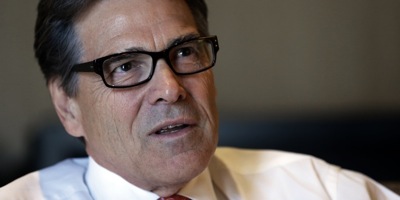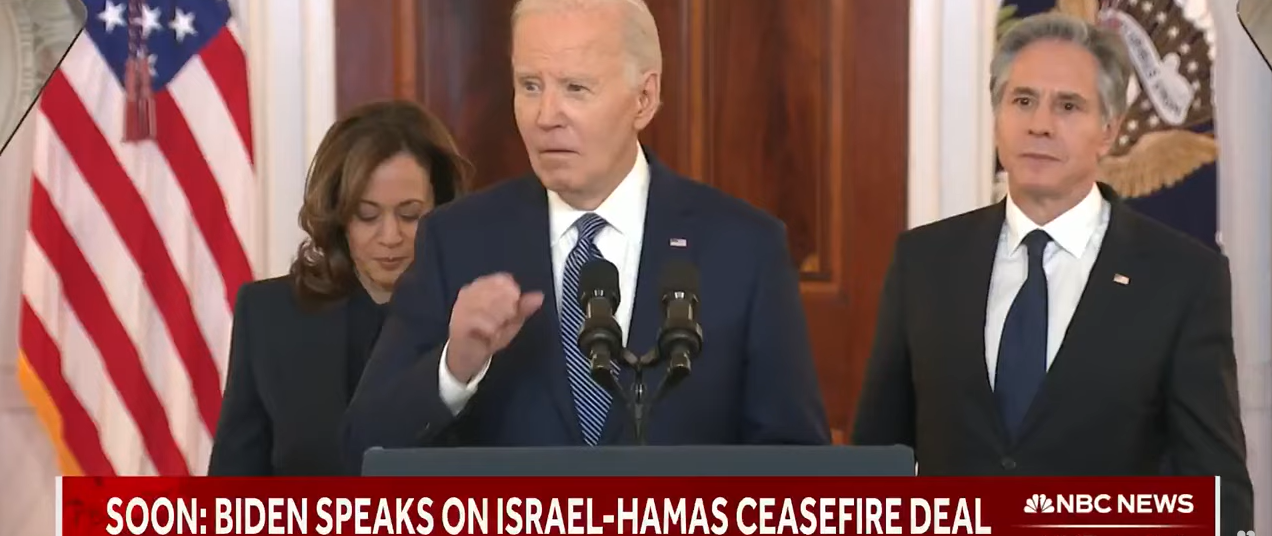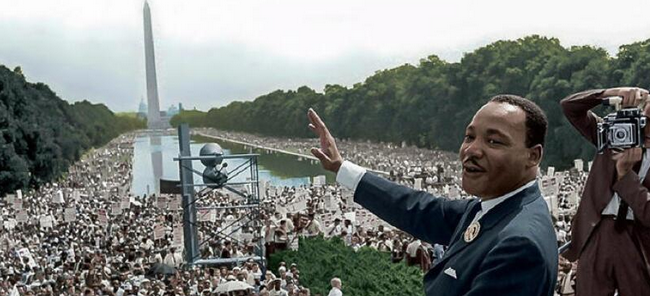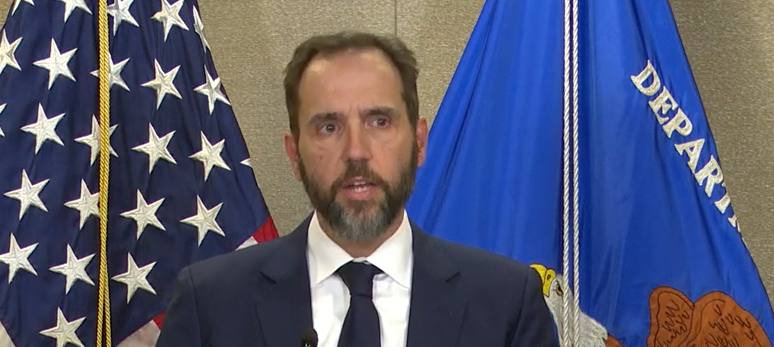Texas Gov. Rick Perry
A Liberian visiting relatives in Dallas, Texas reportedly was diagnosed with Ebola on Sunday. He started showing the symptoms about six days days after he arrived in the United States, according to media reports.
The patient has now been isolated and he’s being treated in a Dallas hospital. The man reportedly informed hospital authorities that he had been to a region in Liberia affected by Ebola.
Texas Governor Rick Perry and medical authorities say people who have been in contact with the unnamed patient are being monitored, including school-age children.
An incident like this understandably can create public panic.
One thing the public must know is that a person exposed to Ebola can’t transmit the disease until they start showing the symptoms –fever, vomiting, diarrhea, and bleeding. This means that the Liberian couldn’t have infected other travelers on the same flight with him since he started showing symptoms days after arriving in the U.S.
It does however mean that in order to protect the well-being of everyone, contain the disease, and allay any fears, there must be additional monitoring procedures for travelers from the highly at-risk countries for some time. These countries are Liberia, Sierra Leone, and Guinea.
Reportedly 6,500 people have been infected in the region and 3,091 have died. There are also reports that the numbers of people infected and those who died may be underestimated.
The Ebola symptoms typically start within two days to 21 days after a person has been exposed to the virus.
One possible measure is to have a medical monitoring period of at least three weeks from the time a traveler from Liberia, Sierra Leone, and Guinea gets her or his visa approved to the day they actually board a flight.
Of course there is the possibility that the person may have been exposed just before the end of the 21 day period and may show the symptoms within a few days after they travel.
So in order to minimize this risk, persons from the at-risk countries would also have to be medically monitored by the healthcare system once they reach the country of destination for another 21 days.
This is actually what happened by default in the Texas case.
When the Liberian went to a Dallas hospital with fever last Friday he was reportedly given anti-biotics and sent back home.
It was only after he returned to the hospital on Sunday when his condition worsened that he was diagnosed with Ebola and isolated to begin treatment. This was within a week of his arrival in the United States, according to media accounts.
The proposed medical monitoring measures for people from the three West African countries would slow travel and would have additional negative impact on the economies of their countries. Economists already predict that the Ebola outbreak will affect output and slow growth in the three countries.
And, while imposing special monitoring procedures for Liberia, Sierra Leone, and Guinea may sound intrusive, not to take any effective measures to prevent the spread of the disease would be unconscionable and reckless. Taking no action would also spark stigmatization of Africans generally knowing how ignorant popular corporate media can be.
Special monitoring is also much more humane and responsible than a blanket ban on travelers from the three countries.








